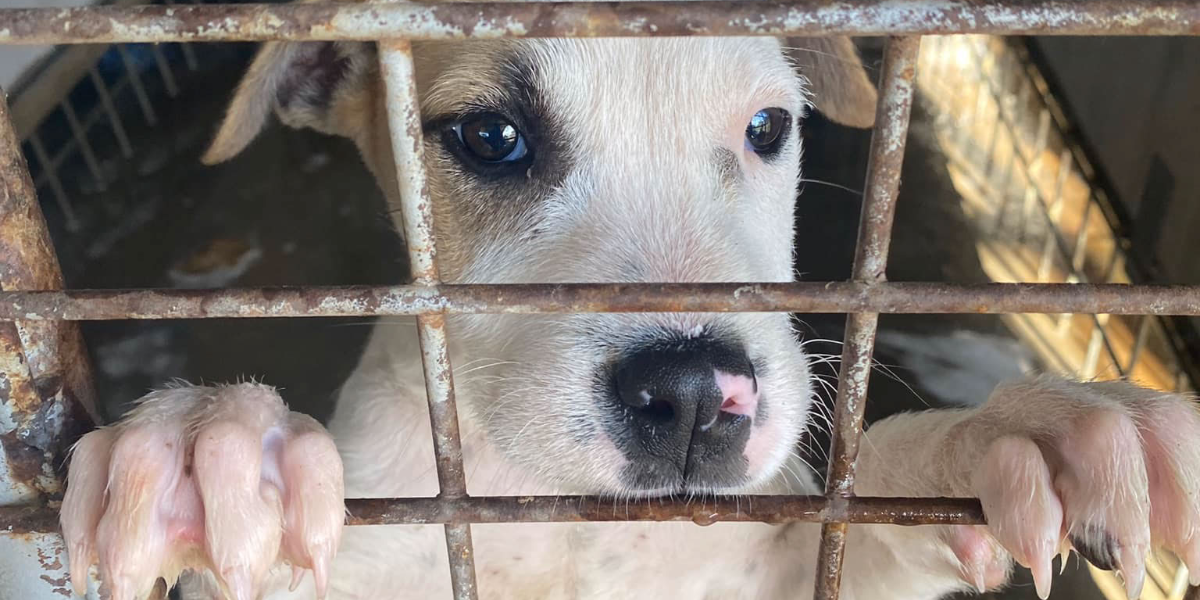Community outroar has Councils taking a proactive stance on stray animals across the New England.
Narrabri Shire Council has stepped up its game against the growing issues, introducing after-hours patrols but it’s not enough to curb the trend. They now have two Rangers working round the clock, filling the pound nearly every day.
“We’ve seen an increased number of stray dogs that are frequenting certain areas in our shire, and it is becoming quite out of control, so in response to that we have brought in after-hours patrols,” said Landon Brady, Manager Regulatory Compliance for Narrabri Shire Council.
Stray dog complaint numbers to Narrabri Shire Council doubled in May this year alone, the first month of the extra patrols, proving there is a need to continue.
“Most dogs, particularly in summer, that aren’t contained, are more active in those early hours of the mornings or the late afternoon in the cooler times of the day, but it happens all year round,” said Mr Brady.
“Which is why we have had to move outside our hours of patrols, and that we can’t do within work hours.”
And it’s working, one month in and the local rangers are keeping busy.
“The patrols themselves are effective, because in any given morning or afternoon we can fill our entire pound,” said Mr Brady.
“We have capacity for 10 dogs in our pound which is another limiting factor, so once we are full, we have to cease patrols until we can find homes for dogs, or they return to their owners.”
And Narrabri is not alone. Gunnedah Shire Council faces the same battles with a similar increase in strays.
“Council has seen a significant increase in abandoned and stray dogs and cats over the past 12 months,” said Manager Community Safety, Wade Berryman, Gunnedah Shire Council.
“This is believed to be from a number of factors, including people’s return to work after COVID-19, low unemployment rates and a rising cost of living,” Mr Berryman said.
Responsibilities of a Pet Owner
“We are particularly struggling with responsible pet ownership, so we will often pick up dogs, bring them into the pound, the owners then pick them up but then choose not to restrain them,” said Mr Brady.
“More often than not, the dogs coming through our pound are repeat offenders.”
“Unfortunately, the legislation does let us down in more than one way, we can’t remove dogs from care of owners that are repeat offenders.”
“Every time we have to provide the opportunity to get their dogs back and whilst we can issue penalty infringement notices for dogs straying or being involved in attacks, we are finding that these owners show no regard for getting a penalty infringement notice, or warning, or letter, or any legal instruments we are given,” he said.
So, what are your responsibilities as a pet owner?
The top three, according to both Narrabri and Gunnedah Councils, are:
1. Microchip your pets
2. They should wear a collar with registered identification tag
3. Your animal(s) must be contained within your yard
“We find so many dogs that are not microchipped, they are not identified by a collar, and they constantly roam the streets so we can’t find their owners, we can’t return them to a home and when we do, they are not contained,” said Mr Brady.
“It is a very simple task to microchip, collar and contain your dog to ensure everyone is safe.”
But your tasks don’t end there.
“That responsibility goes further to the owners to train their dogs and put time into their dogs to ensure they aren’t a threat to the public and other animals,” said Mr Brady. It’s also important to have your animals desexed.
The Community’s turn to step up
On social media page ‘Narrabri Noticeboard (Original)’, Council has been called ‘too tough’ or ‘not tough enough’ on offenders.
“The community backlash on social media is getting to our team,” said Mr Brady.
Narrabri Shire Council staff are not immune to the keyboard warriors on social media and complaint letters coming in, feeling the attacks on a personal level. Council is calling for a shift of blame, from Council to pet owners.
“We need the community to respond to this,” said Mr Brady.
“Our pounds are overflowing, and we are doing everything we possibly can, and seeing no response from the community.”
“You all need to have some community pressure on your neighbours to keep their dogs in and we need to educate the community.”
Mr Brady said that calls to put the dogs down or arrest the owner are not helpful as they have no ability to do those things, but community pressure can make real change.
“Everyone plays a part in this, not just our two rangers who work 24/7,” said Mr Brady.
“It cannot be up to two people in an almost 15-thousand-person shire, and we need to start putting that pressure back on the community to help us out.”
Like what you’re reading? Support New England Times by making a small contribution today and help us keep delivering local news paywall-free. Donate now


